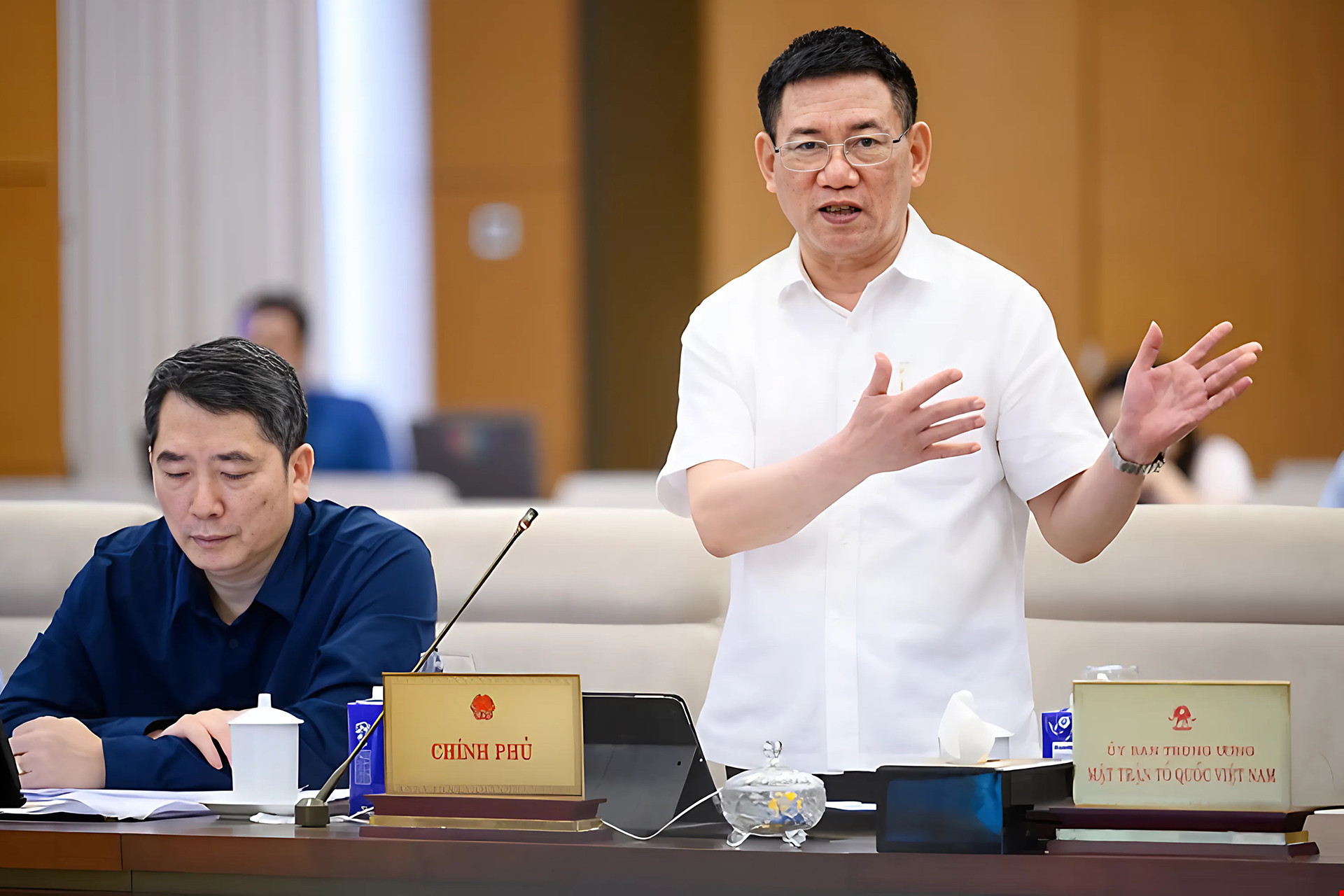Deputy Prime Minister Ho Duc Phoc announced that government spending will increase this year, with approximately $6.7 billion allocated to fund early retirement and severance packages for public officials as part of streamlining administrative operations.

On the morning of April 23, the National Assembly Standing Committee discussed a draft resolution on reducing the value-added tax (VAT).
According to the proposal, the government recommends a 2% VAT reduction for goods and services currently subject to a 10% rate, bringing it down to 8%. This policy is proposed to take effect from July 1, 2025, through December 31, 2026.
However, the reduction excludes specific sectors such as telecommunications, financial services, banking, securities, insurance, real estate, metal products, mining (except coal), and goods and services subject to special consumption tax (excluding gasoline).
The proposal also aims to expand the VAT cut to include goods and services vital to business, tourism, and consumption. These include information technology services, pre-fabricated metal products, coke, refined petroleum, chemical products, coal at the import stage, coal sold through commercial channels, and gasoline and oil.
$1.2 billion in tuition waivers
Deputy Prime Minister Phoc estimated that the tax cut would amount to about $9.2 billion. This year, budget spending will rise not only due to early retirement and severance payouts but also because of new policies such as free tuition - totaling around $1.2 billion - and the expansion of public health insurance.
He emphasized that the VAT reduction reflects the government's priority to support businesses in recovering from the pandemic and to stay competitive amid complex global trade tax scenarios.
“Vietnam’s VAT rate is currently less than half of what many developing countries apply. In Europe, for instance, VAT rates are typically around 19-21%, while ours is only 10%. Over the past four years, we’ve even reduced it to 8%,” Deputy Prime Minister Phoc stated.
Following the discussions, the Standing Committee of the National Assembly agreed to submit the draft resolution on VAT reduction for approval, applying it for the second half of 2025 and all of 2026 as proposed. They also requested that the drafting body incorporate the feedback provided to finalize the documents for parliamentary review and decision-making.
The Vinh